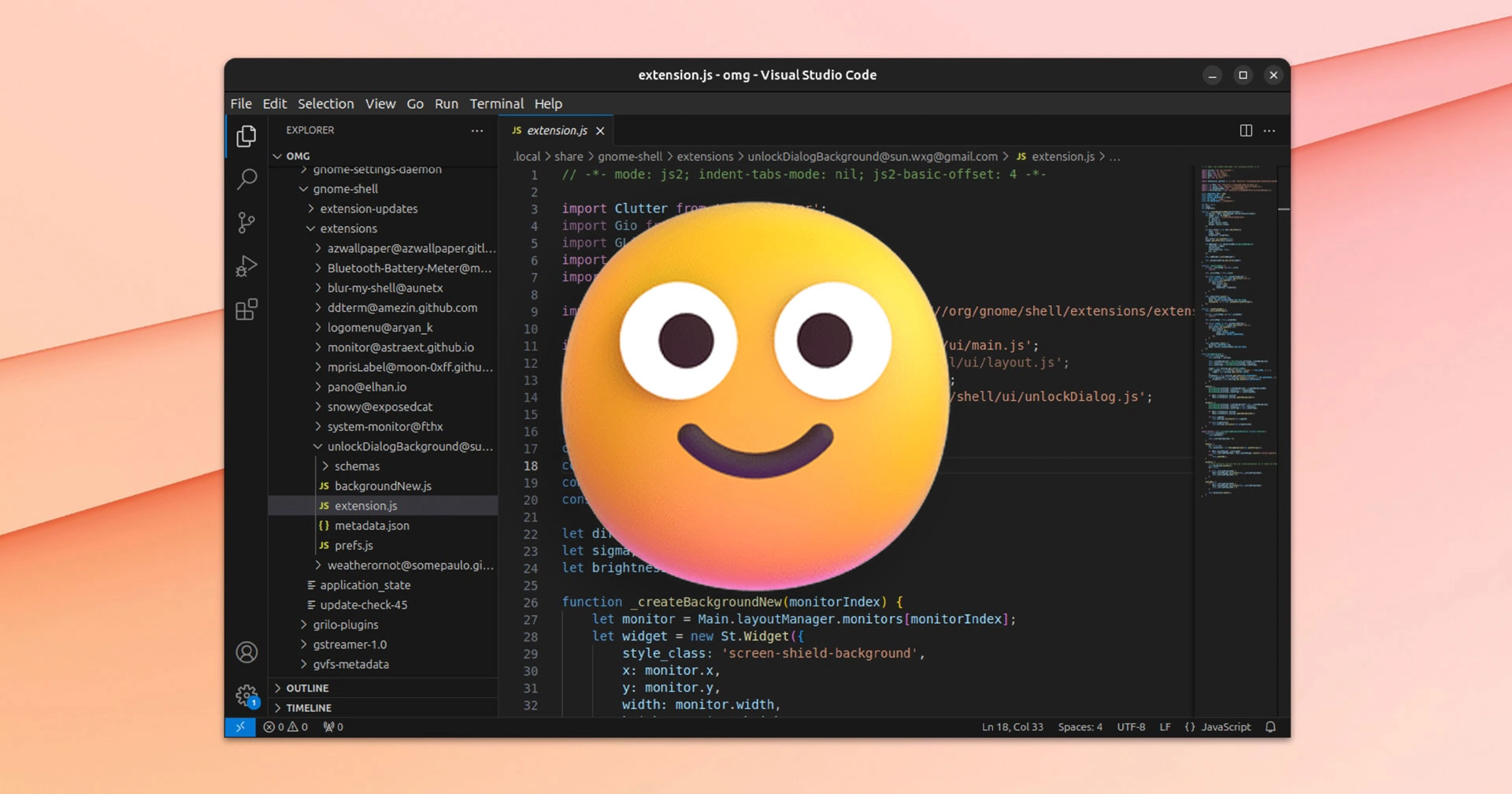Microsoft has announced a temporary reprieve for developers who use VS Code to connect to servers, clouds, container, and other devices running on Ubuntu 18.04 LTS.
As I covered last week, Microsoft pushed out an update to VS Code that bumps its glibc requirement, dropping support for Ubuntu 18.04 LTS (which uses an older version of glibc) in the process.
Innocuous though it sounds, that move had a huge impact, leaving thousands of developers who use VS Code unable to connect to/work with devices running Ubuntu 18.04 LTS or other Linux distros using <glibc 2.27, including RHEL 7, CentOS 7, and Amazon Linux 2.
— “Screwed” was the term many of those affected used!
Well, good news: Microsoft says it plans to release a ‘recovery’ update for VS Code soon. This will restore the ability for developers to use the text editor’s remote dev tools to connect to/work with machines running Ubuntu 18.04 LTS and other, older Linux distros.
But only for the next 12 months:
We have discussed this more in the VS Code team and we have decided to allow VS Code to connect to an OS that is not supported by VS Code (no support for glibc >= 2.28) for 12 more months
Isidor Nikolic, Microsoft
Stop-Gap Solution
Microsoft has indicated its expectation that the one-year grace period will provide developers and companies with the ‘required time’ to transition to an updated Linux version. This announcement is certain to be greeted with open arms by individual developers. There isn’t anything more frustrating than an unexpected breakdown, akin to what occurred with the last week’s update.
Speaking of warnings, the VS Code’s recovery update will provide a cautionary notification to users when they link to an Operating System that is no longer officially recognized by the application, thereby apprising them of the entire scenario.
I am compelled to believe that an alert dialog and banner could have served to inform the users about this impending obsolescence, possibly mitigating the weekend’s dramatic upheaval!
Although the casual advice could be to ‘simply switch to a recent Ubuntu version’, it isn’t feasible for individuals such as students or researchers who are interfacing with an infrastructure over which they lack any control or influence.
Same goes for developers employed by a company who need (or want) to ride an older release (perhaps until the extended support they’ve paid Canonical for expires).
In lieu of individuals agency in that, the panic and protest this palaver has proffered might prove a much-needed catalyst in getting those in charge to think about their future plans…
Thanks GammaGames
